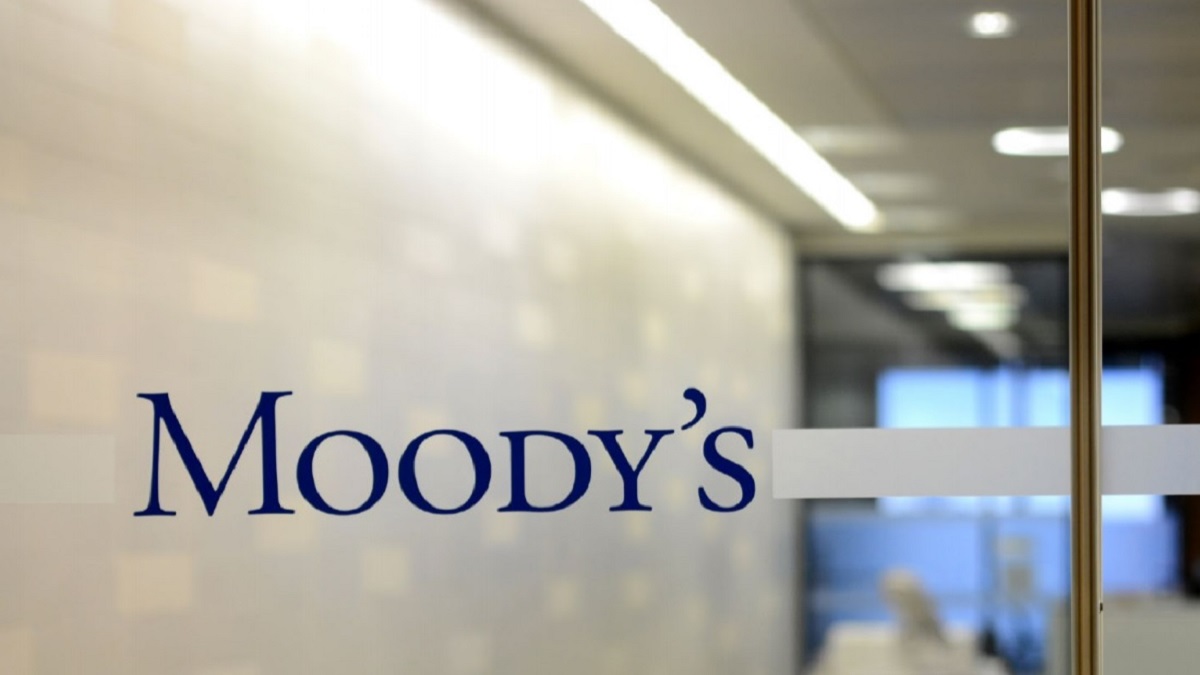
Moody’s Investors Service has confirmed Bank of Africa’s (BOA) long-term deposit rating at Ba1, assigning a stable outlook while commending the bank’s robust operations in Morocco.
However, the international credit agency has also issued a cautionary note regarding the bank’s growing exposure to sub-Saharan markets, particularly in the WAEMU (West African Economic and Monetary Union) zone.
The report, released on Thursday 19 June, underscores BOA’s strong fundamentals in its home market. As of 31 December 2024, the bank maintained a solid liquidity position, with liquid assets comprising 44% of its total balance sheet and a loan-to-deposit ratio at a prudent 88%. Moody’s noted these figures as indicative of a healthy buffer against potential shocks and a sign of enduring depositor trust.
BOA’s operating profitability remains steady, with net income at 1.2% of total assets, backed by a thriving retail business in Morocco and select African subsidiaries.
These positive indicators support Moody’s medium-term stable forecast for the group.
Nevertheless, the rating agency sounded an alarm over the bank’s deepening integration into politically fragile and economically strained sub-Saharan economies.
Approximately 27% of BOA’s loan portfolio is tied to its subsidiaries in the WAEMU zone, particularly in Burkina Faso, Mali, and Niger—countries grappling with heightened security risks and fiscal uncertainty.
In these jurisdictions, non-performing loans (NPLs) have surged to 10%, markedly higher than BOA’s Moroccan average.
To mitigate this risk, BOA has maintained a bad debt coverage ratio of 88%, which Moody’s deems “adequate.”
The bank’s classification as a systemically important financial institution in Morocco further reinforces its rating.
With over 12% market share in deposits, BOA is viewed as a pivotal player in the national banking sector, benefiting from an assumed level of government support—factored into Moody’s rating through a three-notch uplift.
Looking ahead, Moody’s indicates that several developments could influence the bank’s performance, including Morocco’s hosting of the Africa Cup of Nations in 2025, joint infrastructure projects for the 2030 FIFA World Cup, and the rollout of new public investment initiatives.
Despite its regional growth strategy, BOA’s outlook remains tethered to the stability of West Africa.
Moody’s warns that without improvements in fiscal governance and security across the region, the bank’s expansion could face considerable headwinds.



